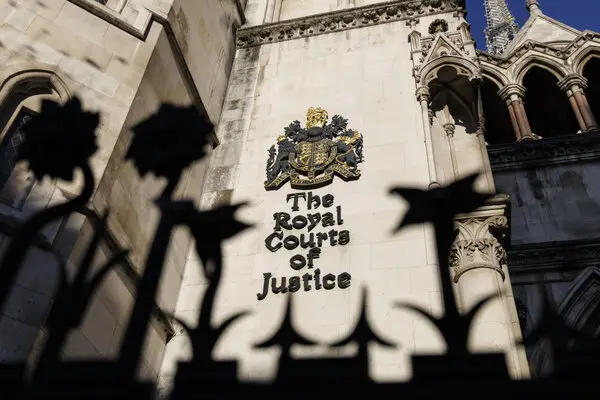September 29, 2025
The UK High Court has issued a warning to lawyers after AI tools were found generating fake case-law citations, raising concerns over legal ethics and reliability.

The United Kingdom’s High Court has delivered a stern warning to legal professionals after several cases surfaced in which lawyers relied on artificial intelligence tools that produced fake case-law citations. The ruling represents a significant step in shaping the legal industry’s relationship with rapidly advancing AI technologies and underscores the dangers of unverified machine-generated content in court proceedings.
According to The Guardian, the warning was issued following multiple incidents where lawyers submitted documents containing fabricated or non-existent case references generated by AI-based text tools. While these technologies are increasingly used to streamline research and drafting, the High Court emphasized that professional duty requires lawyers to verify all references and ensure accuracy before submission.
Judges stressed that reliance on unverified AI outputs undermines the integrity of the legal system. Court officials warned that continued misuse could result in professional misconduct charges, financial penalties, or even disbarment in severe cases. Legal commentators noted that the warning is not an outright rejection of AI tools in the profession but rather a call for responsible and transparent use.
The court highlighted several recent cases where reliance on AI-generated legal references caused confusion, wasted court time, and risked miscarriages of justice. In one matter, a barrister presented precedents that, upon closer inspection, were entirely fictional. This discovery prompted the judiciary to take swift action and issue a general warning to all practitioners.
The ruling has sparked debate within the legal community. Some practitioners argue that AI technologies, if properly supervised, can enhance efficiency by quickly scanning vast legal databases and generating draft arguments. Others caution that AI lacks contextual understanding, meaning its outputs can be misleading or outright false if used without rigorous human oversight.
Legal ethics experts have described the High Court’s move as a “necessary guardrail” at a time when generative AI is reshaping multiple professions. They warn that while automation offers efficiency, it also presents risks to accuracy, confidentiality, and accountability.
Professional bodies such as the Bar Council and the Law Society are expected to issue further guidance on acceptable use of AI. Training programs are also being proposed to educate lawyers on best practices for integrating AI into legal workflows responsibly.
This intervention also resonates with broader concerns about AI regulation in the UK. The government has already signaled its intent to adopt a “light-touch” regulatory framework for AI to encourage innovation. However, critics argue that without clearer rules, the technology’s misuse could harm individuals, institutions, and trust in the justice system.
The warning by the High Court could set a precedent for other jurisdictions grappling with similar challenges. In the United States, courts have faced comparable incidents of lawyers submitting AI-generated briefs containing false citations. Some judges have responded with fines and sanctions, sending a strong signal that technological shortcuts cannot replace professional diligence.
For UK lawyers, the message is clear: while AI may become a valuable tool in legal practice, ultimate responsibility lies with the human professional. Accuracy, accountability, and integrity remain non-negotiable pillars of the justice system.
The episode serves as a reminder that as technology advances, so too must professional standards and safeguards. The judiciary’s intervention may pave the way for a more balanced and regulated integration of AI into legal practice — one that leverages innovation while upholding the credibility of the courts.